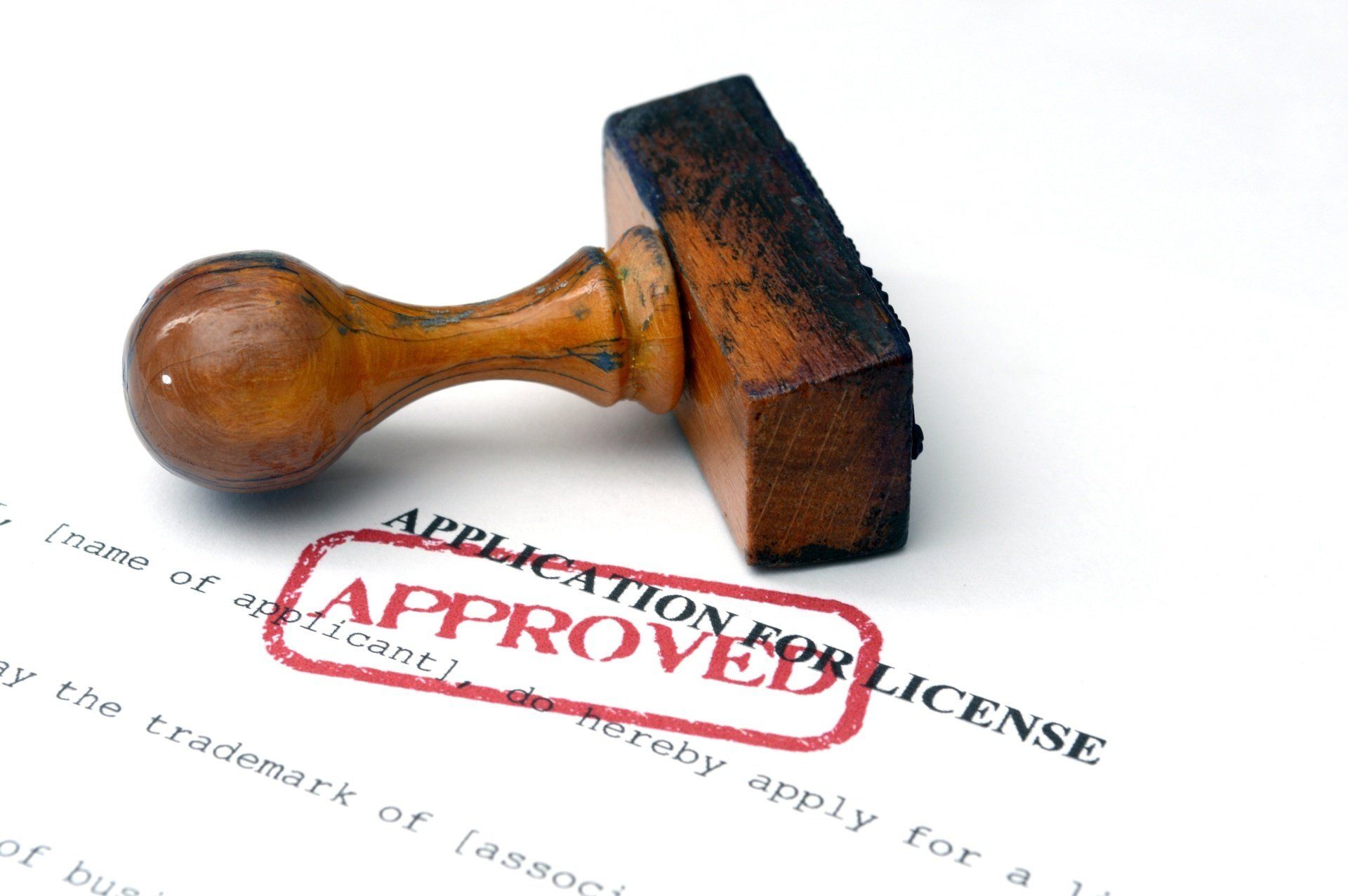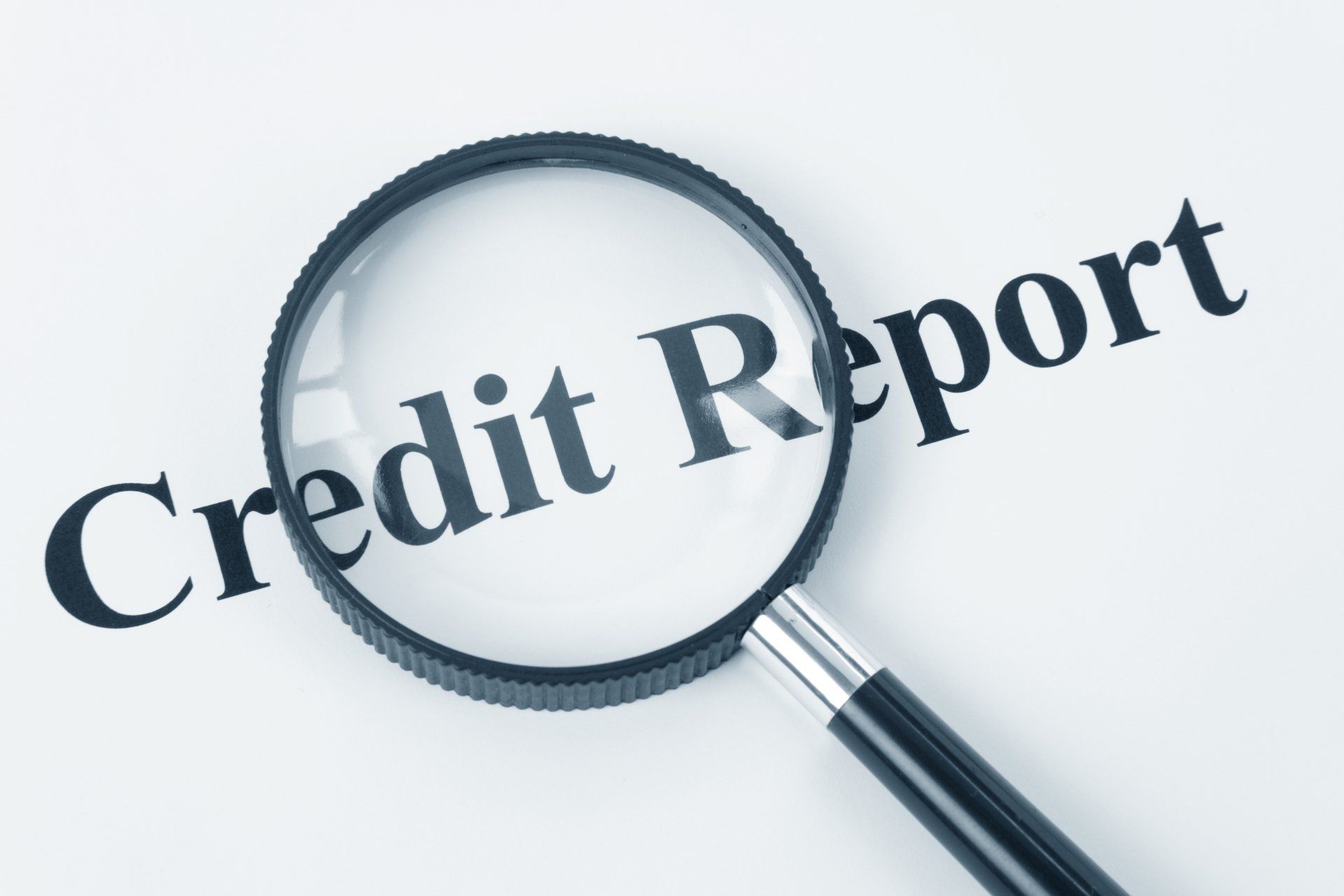What can you do with a Florida Contractors License?
 At Contractors Reporting Services, we have helped contractors for over forty years navigate the steps to have Contractors License in Florida and understand the requirements and limitations that accompany each license. We often receive questions from our clients regarding what services in Florida require a contractors license and what services do not. We thought we would dive a little deeper into this subject and give you a chart to explain what projects do and do not require a Florida contractors license.
At Contractors Reporting Services, we have helped contractors for over forty years navigate the steps to have Contractors License in Florida and understand the requirements and limitations that accompany each license. We often receive questions from our clients regarding what services in Florida require a contractors license and what services do not. We thought we would dive a little deeper into this subject and give you a chart to explain what projects do and do not require a Florida contractors license.
For starters, let’s define a contractor.
A Contractor is someone who demolishes, subtracts from, builds or improves any building or structure for compensation. Examples of compensation are cash, goods, services, etc.
Now that we have defined a contractor, let’s look at the types of jobs that do and do not require licensing in the state of Florida. This chart is provided by My Florida Licensing , a great reference source for contractor information in Florida.
| Needs a License | Does not need a license |
| Build a carport or sunroom for compensation. | Install a driveway or install pavers/tile walkways regardless of compensation. |
| Construct a roof for compensation. | Install awnings that do not become a fixed part of the structure regardless of compensation. |
| Install a dishwasher (requires connecting to drinking water) or replace a hot-water heater for compensation. | Add a water filter onto a faucet regardless of compensation. |
| Install a central air-conditioning unit for compensation (requires structural work and wiring). | Insert a plug-in A/C window unit regardless of compensation. |
| Clean central air and heat ducts for compensation (requires partial disassembly of the system, such as removal of air grills). | Change an A/C filter or cleaning ducts that do not require removal of the air grills regardless of compensation. |
| Repair or replace swimming pool pumps for compensation. | Clean swimming pools. Install an above-ground pool regardless of compensation. |
| Perform plumbing work or irrigation installation that requires the contractor to connect lines to potable (drinking) water for compensation. | Install or repair irrigation systems that have a backflow preventer connected to a potable (drinking) water supply regardless of compensation. |
| Build a barn, metal building, or detached garage for compensation. | Install prefabricated tool shed less than 250 square feet in size regardless of compensation. The shed may be up to 400 square feet if it bears the insignia of approval from the Department of Community Affairs. |
| Remodel a home that requires alteration or replacement of a load-bearing wall for compensation. | Paint; install cabinets, wood or tile flooring, and insulation regardless of compensation. |
| Installation or replacement of drywall if the contract also includes work on the load bearing part of the wall, plumbing, electrical, or air conditioning work. | Installation or replacement of drywall if the contract does not include other work on the load bearing part of the wall or any plumbing, electrical, or air conditioning work. |
At Contractors Reporting Services, we want each of our clients to be educated in the requirements of the Florida contractors license. We walk our clients through every step of the process to obtain and maintain a contractors license in the state of Florida.
Most clients don’t know that Florida requires all general contractors to complete at least fourteen hours of continuing education courses to maintain an active contractors license. A great option for the continuing education courses is through Gold Coast Schools, who offers at home courses for general contractors in Florida.
We want each of our clients to have a worry-free experience obtaining and maintaining their Florida contractors license. Our staff will handle all of the paperwork and red tape, so you can focus on your next big project.
If you have any questions regarding obtaining your Florida contractors license, or if you need to check the status of your license, please contact our office.
Contractors Reporting Services
13795 N Nebraska Ave.
Tampa, FL 33613
1-800-487-2084












